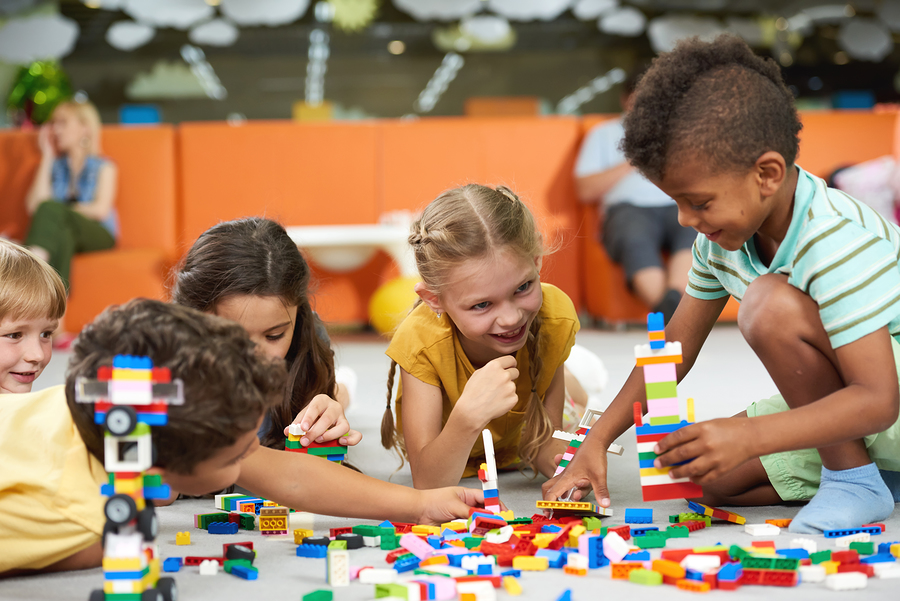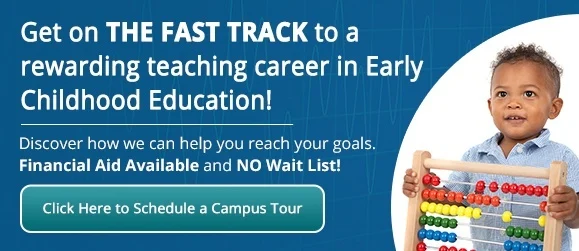Fostering Social Emotional Development as an Early Childhood Educator
Posted On March 31,2020

Kids are born learners. The first few years of their lives are extremely formative. Experiences that occur at a young age set the foundation for their futures. Early childhood educators take on the important role of setting a child up for adulthood beginning with necessary educational building blocks. And it is not just reading, writing, and arithmetic. Great teachers help a child feel safe, secure, and loved. This gives kids a healthy social and emotional foundation that can lead to a happy and successful life.
Social Skills
School is an important place where children can learn to get along with others and develop social skills. This includes adults and other kids. Playing games with youngsters teaches them to take turns, which is necessary for later social development. An early childhood educator encourages youngsters to share, play together, and cooperate with each other. Learning kindness and helping others are also important aspects learned from great teachers.
Learn More about Our ECE ProgramEmotional Awareness
Sometimes adults don’t react appropriately to a situation. Imagine how hard it is for a child. Early childhood educators are tasked with teaching little ones to recognize and understand their own feelings and actions. They also must learn how their own feelings and actions affect themselves and others. Teachers regularly model this for children. Responding calmly to situations and showing kindness teaches kids how to behave and what to expect from future relationships.
Self-Regulation
Youngsters cannot regulate their emotions on their own. They look to adults in their lives to help regulate their behaviors. One of the most important roles of an early childhood educator is to teach kids ways to express thoughts and feelings in socially appropriate ways.
They help them find ways to calm down and cope with strong feelings when they get excited, frustrated, or angry, so their emotions don’t become overwhelming. Developing the ability to regulate thoughts, feelings, and actions at an early age will help kids successfully navigate the challenges they face as they continue to learn and grow.

Education for Educators
Molding young minds isn’t easy. It takes hard work and dedication to be a great teacher. A degree in Early Childhood Education from an accredited program properly prepares you with the skills you need to shape young lives. Coursework typically includes classes in:
· Foundations of Education
· Child Development
· Creative Art
· Music
· Play for Early Childhood
· Early Childhood Literacy
· Child Nutrition
· Diversity
· Behavior
· Basic Mathematics
· Technology
· STEM/STEAM
Completing an early childhood education will let you know what makes a great teacher. Upon graduation you will understand the emotional and educational development of young children and be able to create school lessons and materials to help kids grow both socially and educationally.
Athena Career Academy offers a comprehensive Early Childhood Education Associate Degree Program that studies the developmental levels of birth through age eight. Contact Athena today to find out more about our Early Childhood Education program options. Start your path to a new career today!
Start Your ECE Process Now